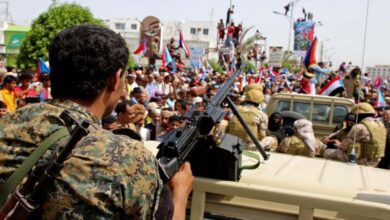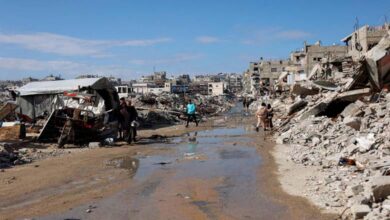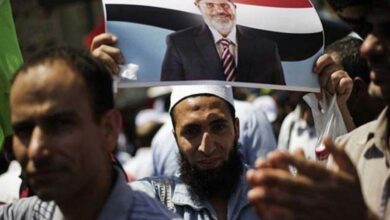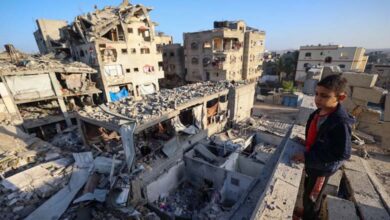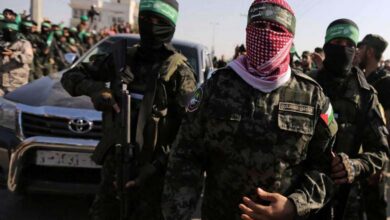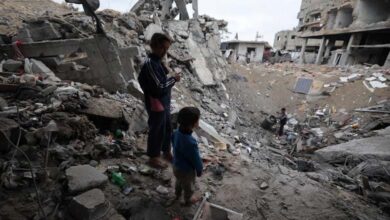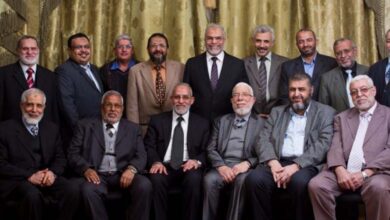Iraq – Al Sudani resolves dispute over the administration of the intelligence service
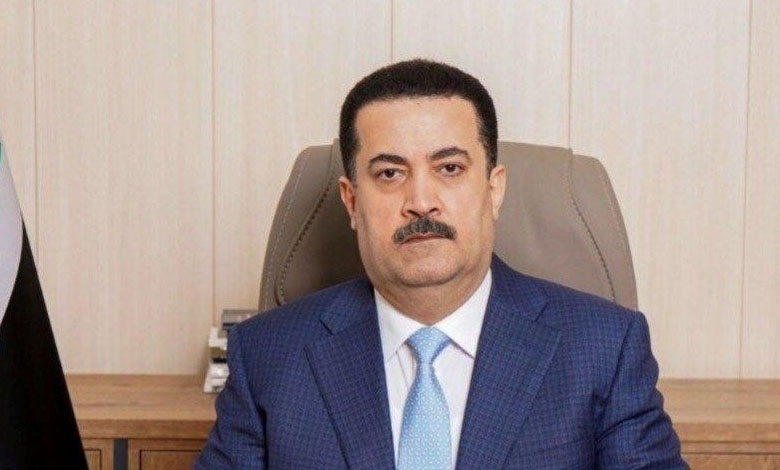
Iraqi Prime Minister Mohammed Shia’ Al Sudani announced that he will oversee the Intelligence Agency by himself. This position came at a time when conflicts and tensions between two factions of the Iranian-backed Popular Mobilization Forces, Asaib Ahl Al-Haq and the Iraqi Hezbollah Brigades, were occurring during the period when Al Sudani was holding consultations to form his government.
The two factions, two of the most heavily armed Shia militias, have disagreed over the General Security and Intelligence Services – two bodies that are key to security in Iraq – and if one of them takes over it, it would worsen the troubles of the Sudanese man who was handed over by the PMF’s support for the prime minister position.
Granting the position of intelligence director to a Shiite faction opens the door to the dominance of this faction on the one hand, as well as giving Iran an opportunity to penetrate more deeply into the details of the Iraqi state. This is what probably prompted Al Sudani to the intelligence administration itself, absolutely to foil any interpretations or troubles that might complicate his mission.
Al Sudani on Sunday visited the headquarters of the intelligence agency and met with the agency’s directors and officers. He stressed the need to support the agency’s role as a security institution with major tasks to protect the country, according to a statement from the prime minister’s office.
Al Sudani called for the intelligence service to maintain its work in accordance with the competences it assumes under the constitution, the internal work charter of the security services, and the relevant laws regulating the work of these agencies.
He also announced that he would head the intelligence agency until a new head is appointed to replace Raed Jowhi, who was appointed by former Prime Minister Mustafa Al-Kadhimi.
It is unclear who will be chosen to lead the body, which plays an important role in combating terrorism and protecting Iraq’s national security, but competition is still raging between armed Shia militias, which are arms of the Coordinating Framework Forces, which has a large parliamentary majority and from which Al Sudani himself is a descendant.
In October, before the government was announced and later trusted, disagreements had crept into the the intelligence service between Qais al-Khazali’s League of the Righteous (Ahl al-Haq), one of the largest armed militias, and Iraq’s Kata’ib Hezbollah (Hezbollah), another powerful armed militia, both of which are loyal to Iran.
Asaeb Ahl al-Haq then demanded the posts of national security and intelligence in exchange for giving up its ministerial quotas, but Kataib Hezbollah held both positions, sparking disagreements between the two heavily armed Shia forces.
According to Iraqi political sources, forces within the coordination framework were discussing the removal of Falih al-Fayyad from the PMF leadership and his replacement with Abdul-Aziz al-Muhammadawi, nicknamed “al-Khal,” who serves as the PMF’s chief of staff, but this has not yet been resolved and has not received majority approval within the framework.
Security positions are expected to be the subject of bargaining and debate between Shia forces and their armed arms, as they are seen as the source of power, dominance, and expanded influence.
However, Al Sudani who had previously held government positions knew very well where the conflict between the armed factions could go, and he does not seem to be in danger of falling into the trap of conflict while stepping into more than one political, economic and social crisis.


